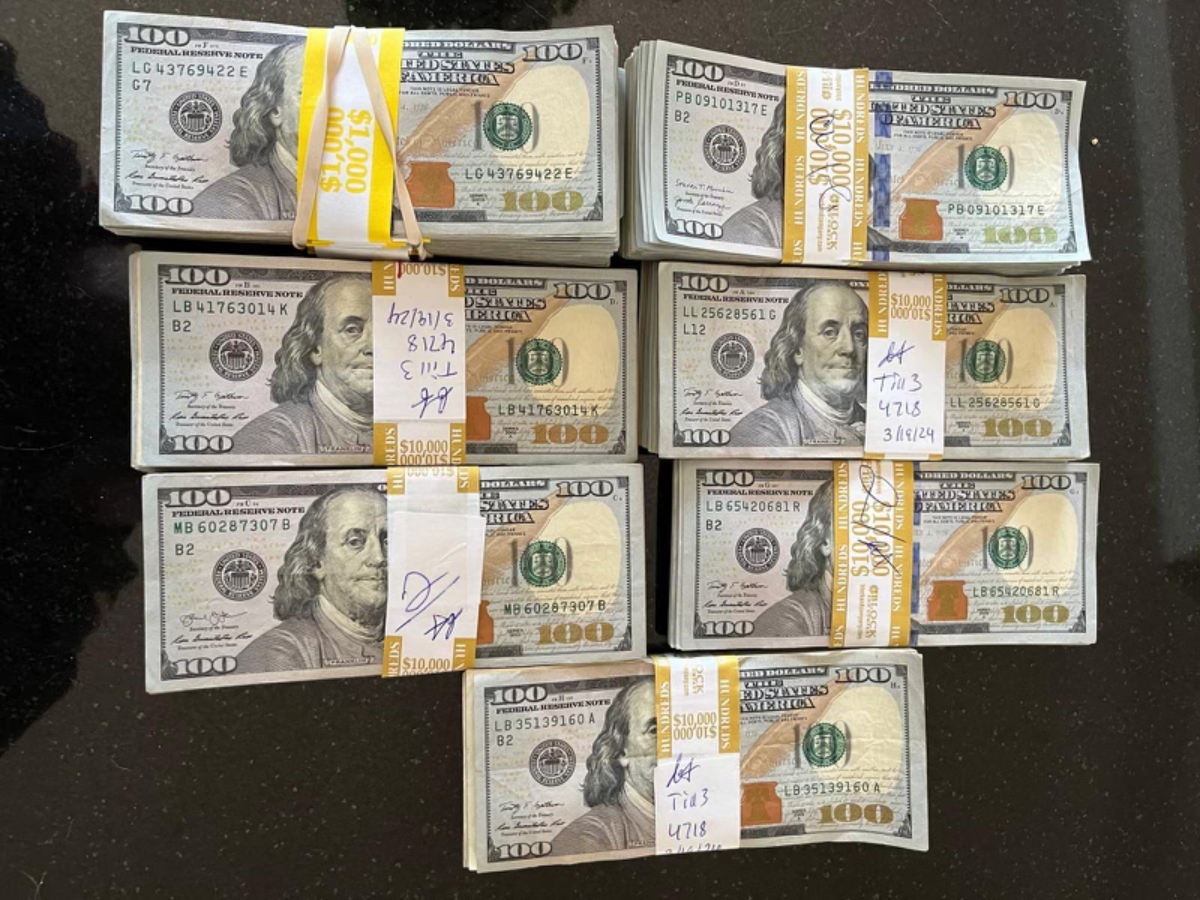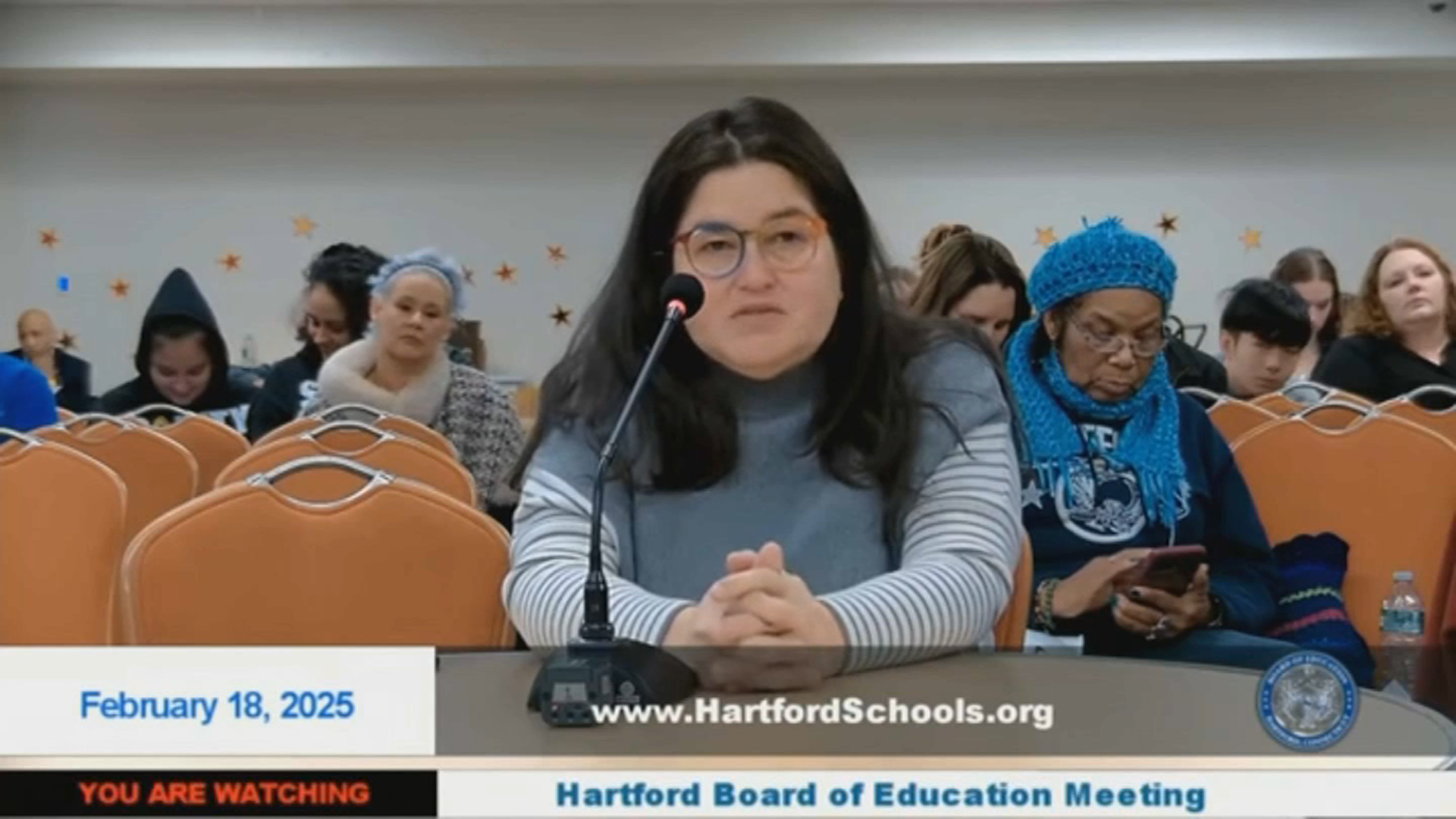Keno is coming to Connecticut but whether your hometown restaurant or bar will offer it is still left to be determined.
Dozens of establishments from Fairfield County to the northeast corner of the state tell the NBC Connecticut Troubleshooters they’re going to pass on selling the lottery game to their customers.
“Not that anyone from the state was really asking our opinion on it, but for us it’s not a fit,” Ken Martin, co-owner of the Colony Grill Restaurant chain of restaurants said. "It would affect the business 180 degrees from what we are now to what it would be with the opportunity to sell keno or lottery products in our establishments.”
Some of the most well recognized restaurants in the state are going are following Colony Grill’s lead, including the Wood-N-Tap and McLadden’s. Owners of the restaurants say that one reason is that if they offer keno, they must offer all other lottery products. Adding the application process and training requirements for all employees also contribute to them declining to offer the gambling products. The five-percent commission is not enough to convince them to pursue it.
“I don’t think I need something like that to draw people,” James Tremblay of McLadden’s Restaurant Group said. “I’d rather do my food and beverage well, and get them to come in for that, stay for that. They can go to the gas station for that type of thing.”
The 2,800-plus existing state lottery retailers will be required to sell the product along with other games such as scratch tickets and Powerball. However, less than 20-percent of those retailers will have monitors to follow the game when it kicks off in April, according to the CT Lottery.
The state legislature approved the keno bill this summer. Just last month, a deal finalized with the state’s two tribal casinos gives them a 25-percent split of the profits.
Investigations
The state estimated at the time the bill passed that up to 600 new retailers would sign on to sell keno over time, but according to CT Lottery, only about 70 restaurants and bars statewide have submitted any paperwork to be considered as a new retailer.
The potential success of the program is dependent on people playing for an extended duration of time, making bars and restaurants major components in order to reach the estimated 600 new retailers the state projected would be added over time. Those projections are for the game to bring in more than $30 million in revenue to the state annually starting by 2017.
“We know it will work for some and not for others,” Anne Noble, President and CEO of CT Lottery said.
While it may work for some, it just doesn’t work for others like Martin.
“The question of where does the money go when it comes through the doors of our restaurant- Does it go to pizzas or does it go keno or some scratch off tickets?" Martin asked.”We’re not going to tell our guests where they should spend their money but I don’t think we need to offer them something in our establishment that doesn’t have any place in our business model.
CT Lottery plans on starting the game in April.



